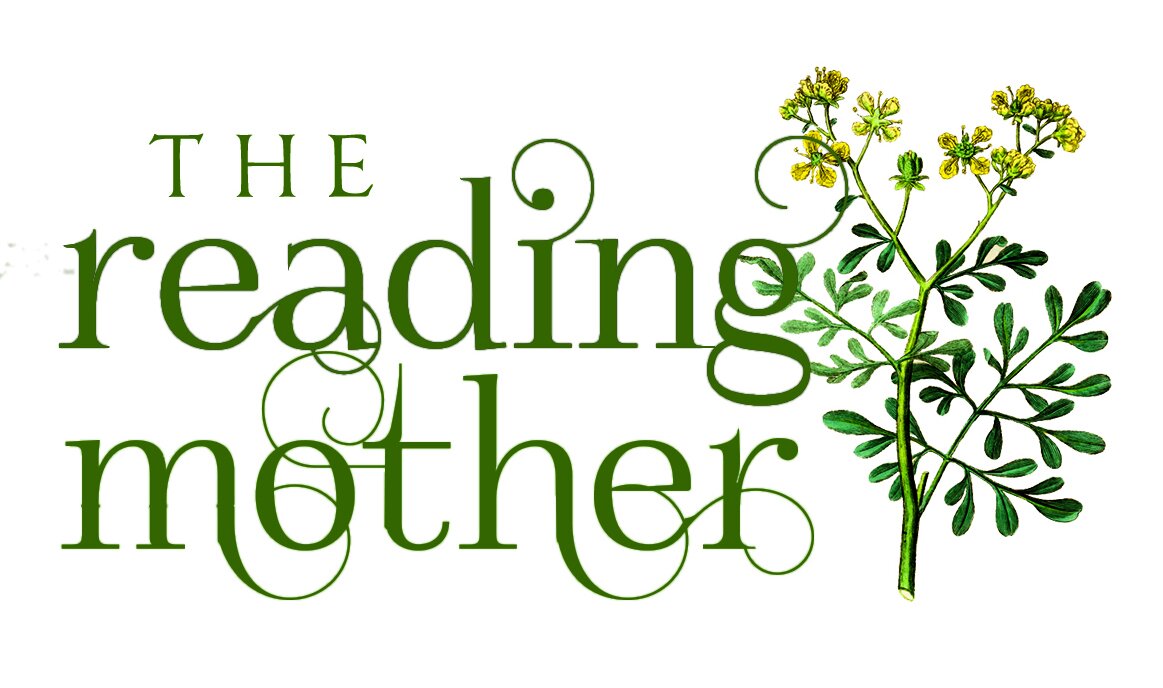Death Be Not Proud
Our Lord Jesus Christ stood at the tomb of Lazarus and snorted with anger. Though it comes to us as groaned (KJV) and was deeply moved (ESV), the Greek word is the same word used of the snorting of a war horse.
I have wondered if John Donne had this Scripture in mind as he penned his masterwork.
Death, be not proud, though some have called thee
Mighty and dreadful, for thou art not so;
For those whom thou think'st thou dost overthrow
Die not, poor Death, nor yet canst thou kill me.
From rest and sleep, which but thy pictures be,
Much pleasure; then from thee much more must flow,
And soonest our best men with thee do go,
Rest of their bones, and soul's delivery.
Thou art slave to fate, chance, kings, and desperate men,
And better than thy stroke; why swell'st thou then?
One short sleep past, we wake eternally
And death shall be no more; Death, thou shalt die.—John Donne, 1572–1631
Short weeks later, on that first of Good Fridays, He declared, "It is finished." Death, though still terrible — though still a cause of great groaning, agony, and even anger — is marked to die forever.
I am reminded of a blog post from a young friend in which he reflects on lessons learned from his early brush with this foe. His mom, my dear friend Nancy, was claimed by Death after years of suffering cancer's ravages. Death had done his worst, but for her, his sting is over. Her short sleep is past and she is forever alive with the Lover of her soul. Back here in space and time, where Death holds temporary sway, it sees daily defeat in the life and love springing forth from her children, all of whom serve the Lord to this day. Joe writes
Death’s greatest accomplishment, the slaying of Jesus Himself, was also its undoing.

